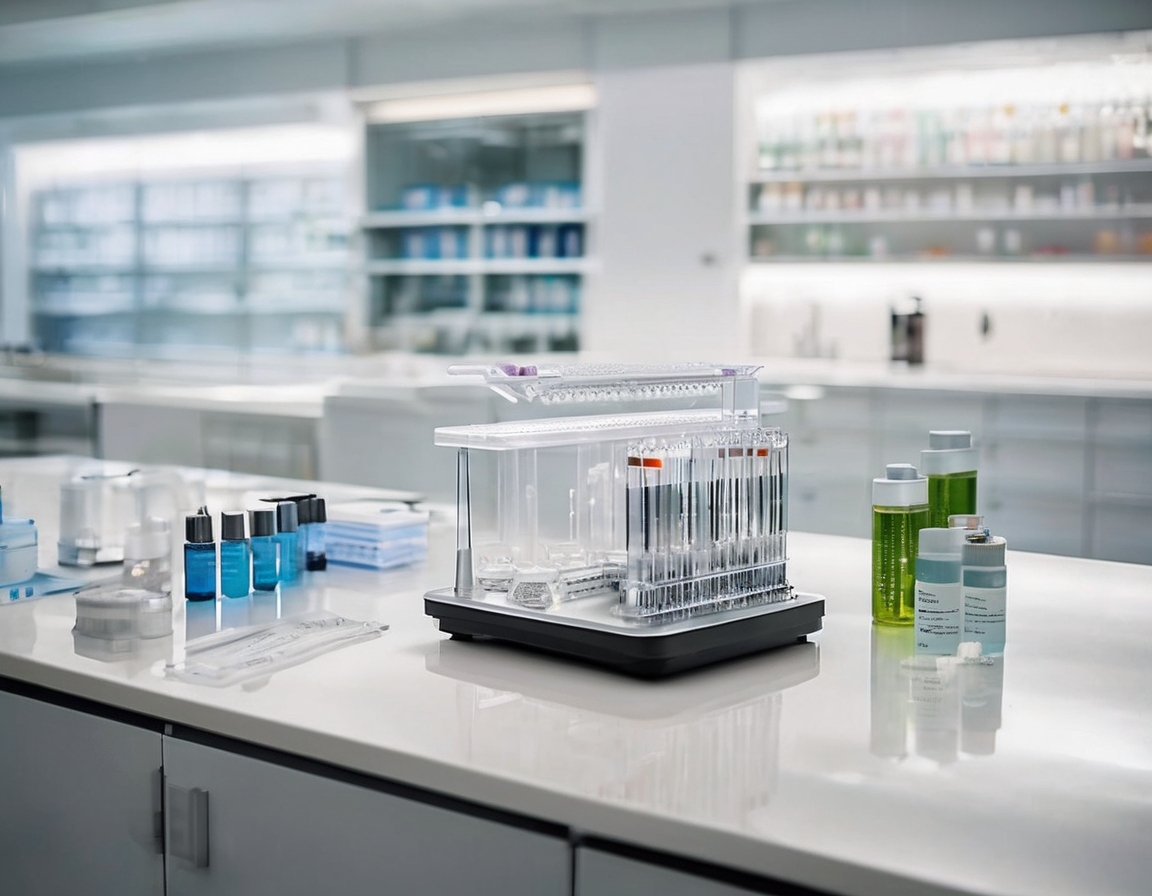The journey of in vitro fertilization: what to expect
In Vitro Fertilization (IVF) is a complex series of procedures used to assist with the conception of a child. It involves combining an egg and sperm outside the body in a laboratory dish, and then transferring the resulting embryo to the uterus. IVF is primarily used to treat infertility in individuals and couples who have struggled to conceive naturally.
Since the birth of the first 'test-tube baby' in 1978, IVF has evolved significantly. Advances in technology and medical understanding have improved success rates and expanded the possibilities for individuals facing various fertility challenges.
Understanding the IVF Process
The journey begins with a thorough consultation with a fertility specialist. This includes a detailed medical history review, physical examinations, and fertility tests to tailor the IVF process to the individual's needs.
To increase the number of eggs available for fertilization, patients undergo ovarian stimulation. This involves hormone injections to encourage the ovaries to produce multiple eggs.
Once the eggs are mature, they are retrieved from the ovaries using a minor surgical procedure. This is typically done under sedation to ensure comfort.
The retrieved eggs are then fertilized with sperm in a laboratory. The resulting embryos are cultured for several days, during which they are monitored for development.
After careful selection, one or more embryos are transferred to the uterus. This is a simple procedure that does not require anesthesia and is guided by ultrasound.
Emotional and Physical Considerations
Embarking on the IVF journey can be emotionally taxing. It's important for individuals and couples to seek support from counselors, support groups, or mental health professionals to navigate the emotional highs and lows.
The physical demands of IVF can include side effects from medications, such as bloating, mood swings, and fatigue. Understanding these potential effects can help in managing them effectively.
Success Rates and Factors Influencing Outcomes
Success rates for IVF vary based on several factors, with age being a significant determinant. Generally, younger individuals have higher success rates, but overall health and fertility issues also play crucial roles.
Lifestyle choices, such as diet, exercise, and stress management, can influence IVF outcomes. Maintaining a healthy lifestyle is recommended to improve the chances of success.
Financial Aspects of IVF
IVF can be a significant financial investment. Costs typically include medications, procedures, laboratory fees, and consultations. Understanding these costs upfront can help in planning and budgeting.
Some insurance plans may cover parts of the IVF process. Additionally, financing options and payment plans are available to help manage the financial burden.
Post-Procedure Expectations
After the embryo transfer, patients are advised to rest and avoid strenuous activities. Follow-up appointments are crucial to monitor progress and address any concerns.
Approximately two weeks after the embryo transfer, a pregnancy test is conducted to determine the outcome. Depending on the results, further steps are discussed with the fertility specialist.








Comments (0)